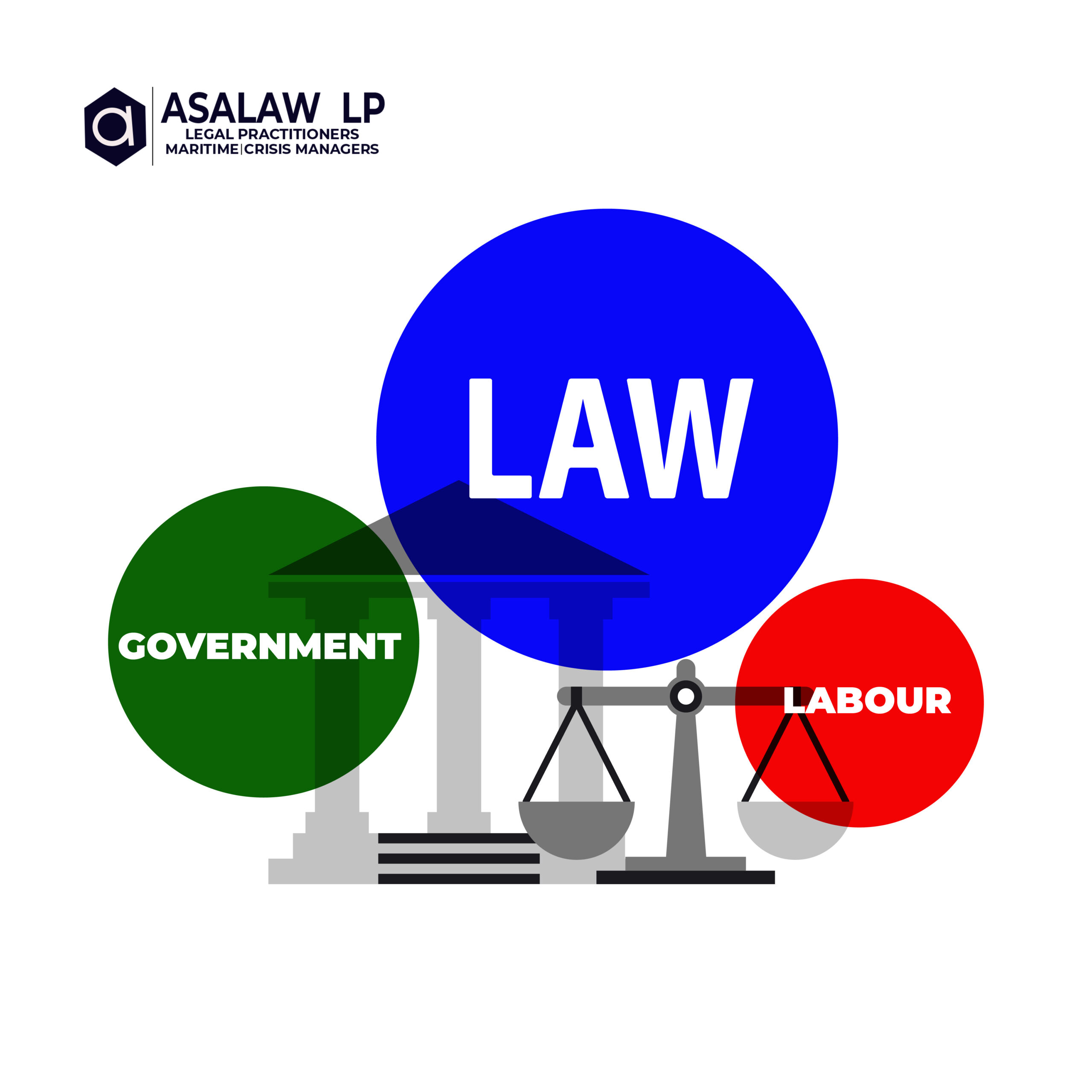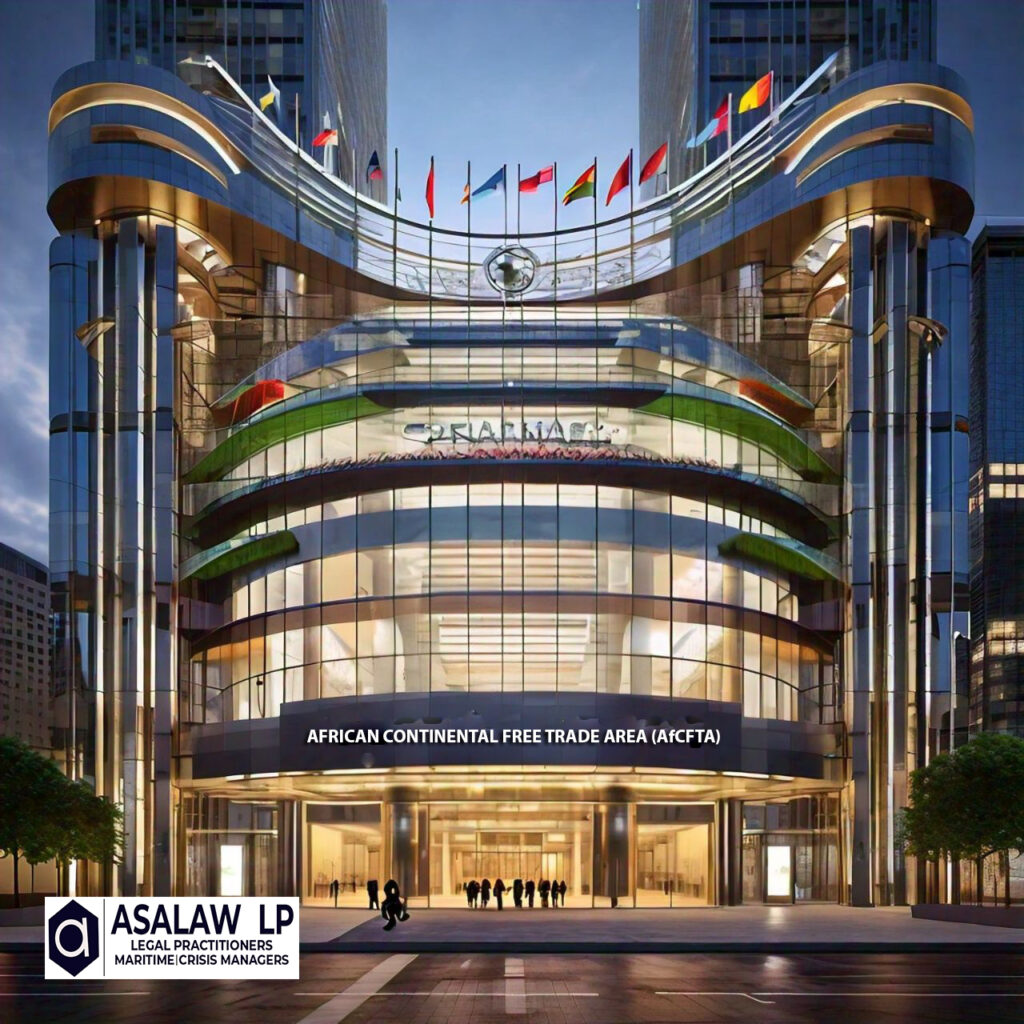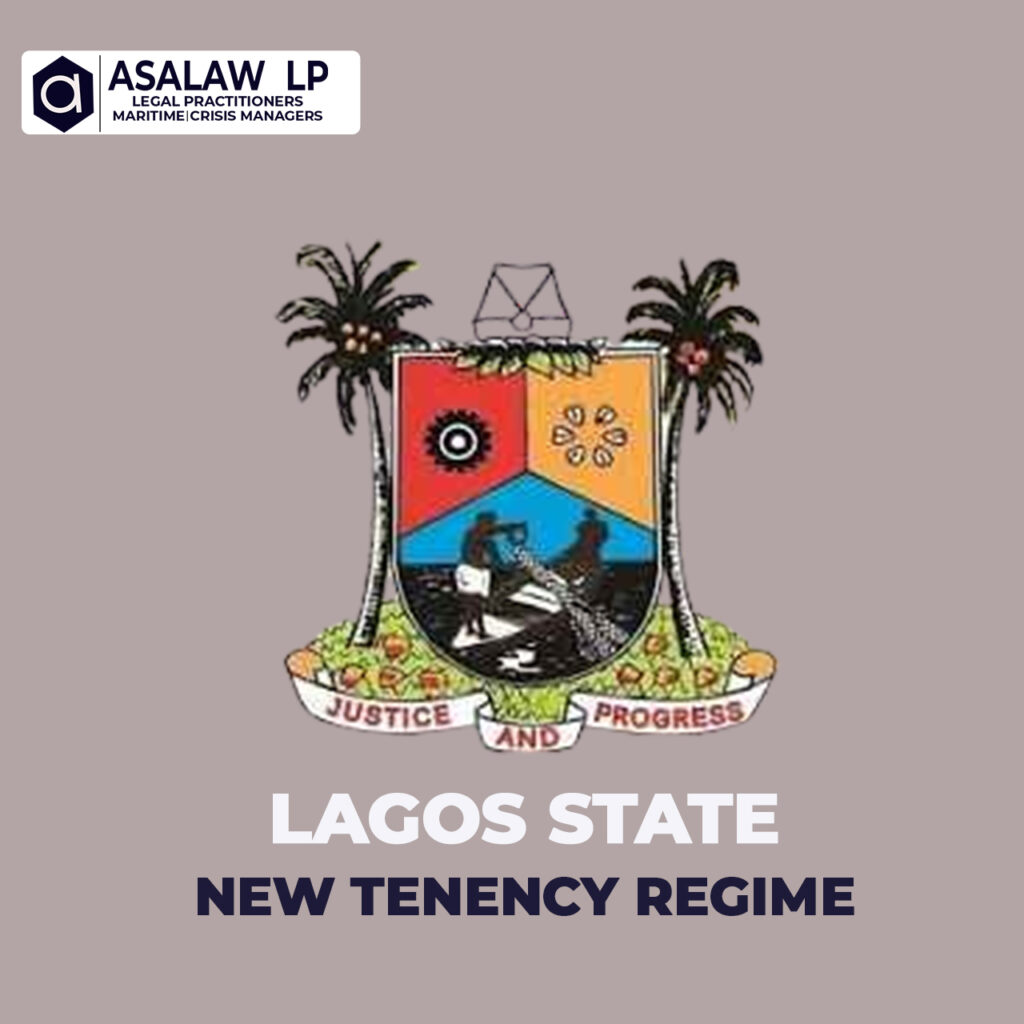RECENT NATIONAL INDUSTRIAL COURT JUDGMENTS RESHAPING LABOUR HUMAN RIGHTS CASES
Two recent rulings from the National Industrial Court, Enugu Judicial Division, have significantly impacted the approach to labour-related human rights cases. The two cases are: Suit No: NICN/EN/49/2023 – Basil Offoh v. Institute of Management and Technology Enugu & 2 Ors, delivered on 19th July 2024 by Hon. Justice O.O. Arowosegbe, available at https://nicnadr.gov.ng/judgement/judgement.php?id=9108, (accessed 15th October 2024), and Suit No: NICN/EN/23/2020 – Mr. Afamefuna Nwankwo v. Onitsha South Transport Company Ltd & 5 Ors, delivered on 6th August 2024 by Hon. Justice O.O. Arowosegbe, available at https://www.nicnadr.gov.ng/judgement/judgement.php?id=9170, (accessed 20th October 2024). These rulings endorsed new perspectives on how fundamental rights claims are addressed within the realm of labour law.
Facts
The facts are related in that they involved alleged infraction of human rights arising from actions of their respective employers. In Offoh, the claimant argued that while other employees received their October 2023 salaries, the respondents breached his fundamental rights to property (his wages) and fair hearing by withholding his salary without notice of any wrongdoing or an opportunity to respond. In contrast, in Nwankwo, the Claimant claimed that management personnel assaulted him, instigated his unlawful arrest by the Nigerian Police and detention, and contributed to the denial of his bail.
Decisions
In Offoh case, the Respondent contested the jurisdiction of the Court to entertain the case on the ground that the claim on alleged stoppage of the claimant salary does not fall within fundamental rights and that the action was wrongly commenced by Originating Motion and under the Fundamental Rights (Enforcement Procedure) Rules, 2009 (FREP Rules).The Court held that a combined interpretation of section 254C-(1)(d), (f)-(h) & (2) of the Constitution of the Federal Republic of Nigeria 1999 (as amended), section 54(1) & (2) of the National Industrial Court Act and Order 1 Rule 9(1) of the National Industrial Court Rules , establishes that the right to payment of wages can be pursued as a fundamental right in Nigeria. This position aligns with international best practices, including International Labour Organization conventions and precedents from other jurisdictions, such as India, and all previous authorities decided prior to the Third Alteration Act of CFRN 1999 (as amended) are no longer good authorities, The Court further held that an action may be initiated under the FREP Rules in the National Industrial Court, provided it is connected to a labour-related matter. Although the issue of jurisdiction was not raised by any of the parties in Nwankwo’s case, but due to importance of jurisdiction in adjudication, the Court addressed the issue of jurisdiction and similar to Offoh case, assumed jurisdiction, distinguished the current cases from existing precedents and jettisoned technicalities in favour of substantial justice, justifying its approach by referencing international best practices.
Of interest is the Court’s utilisation in both cases of a seasoned research conducted by ASALAW LP in 2020 and authored by T.A.M Damiari, titled ‘Revisiting the Controversies on the Jurisdiction of the National Industrial Court of Nigeria over Labour-Related Human Rights Matters’ (2020) 3 National Journal of Labour and Industrial Law 32-44. In that work, recommendations were made for a rethinking of labour jurisprudence. These included, inter alia, moving away from excessive technicality, promoting flexibility in the procedures for initiating labour-related human rights cases at the NIC, and invoking international best practices to safeguard such cases from procedural pitfalls.
It is gratifying that, although the firm was not involved in the matter, its research contributed to this new perspective. The Court quoted extensively from the above article and in both cases. In particular, in Nwankwo’s case, the Court stated:
We can now see that the conclusion of the trio of Ishola et al in their brilliant article cannot be correct, while Damiari’s conclusion in his equally brilliant article is more plausible. … And the learned Damiari in his seminal article had shown that the conclusions reached in these authorities were erroneous, a position I share. We have seen that the confusion partly came from the view that actions cannot be brought at the NIC pursuant to the FREP Rules, and as such, the NIC lacks jurisdiction over Chapter IV of the Constitution as main cause of action and partly because, sufficient attentions were not paid to the details of the provisions of S. 46 & 254C-(1)(d) of the Constitution and the impacts of S. 254C-(1)(f)-(h)&(2) of the Constitution and the previous pertinent Supreme Court’s authorities earlier cited in this decision.
The Court’s decision traversed the jurisprudence of labour law, human rights, constitutional law, legal drafting, international law, and practice and procedure. Having assumed jurisdiction in both cases, the Court proceeded to consider the matters on their merits and rendered favorable decisions for the respective parties. In Offoh, the Court awarded N5 million in damages and N500 thousand cost, among other remedies, while in Nwankwo, the Court awarded N1 million and N1 million cost, along with other remedies.
Conclusion
The two cases are poised to significantly impact the jurisprudence surrounding labour-related human rights in Nigeria. By emphasizing substantial justice over procedural technicalities, the court has established a precedent that may transform the adjudication of such cases moving forward. It will be particularly intriguing to see how the Court of Appeal engages with this newly established perspective should either case be appealed. Until then, this approach represents a novel advancement in the pursuit of justice for Nigerian workers.





